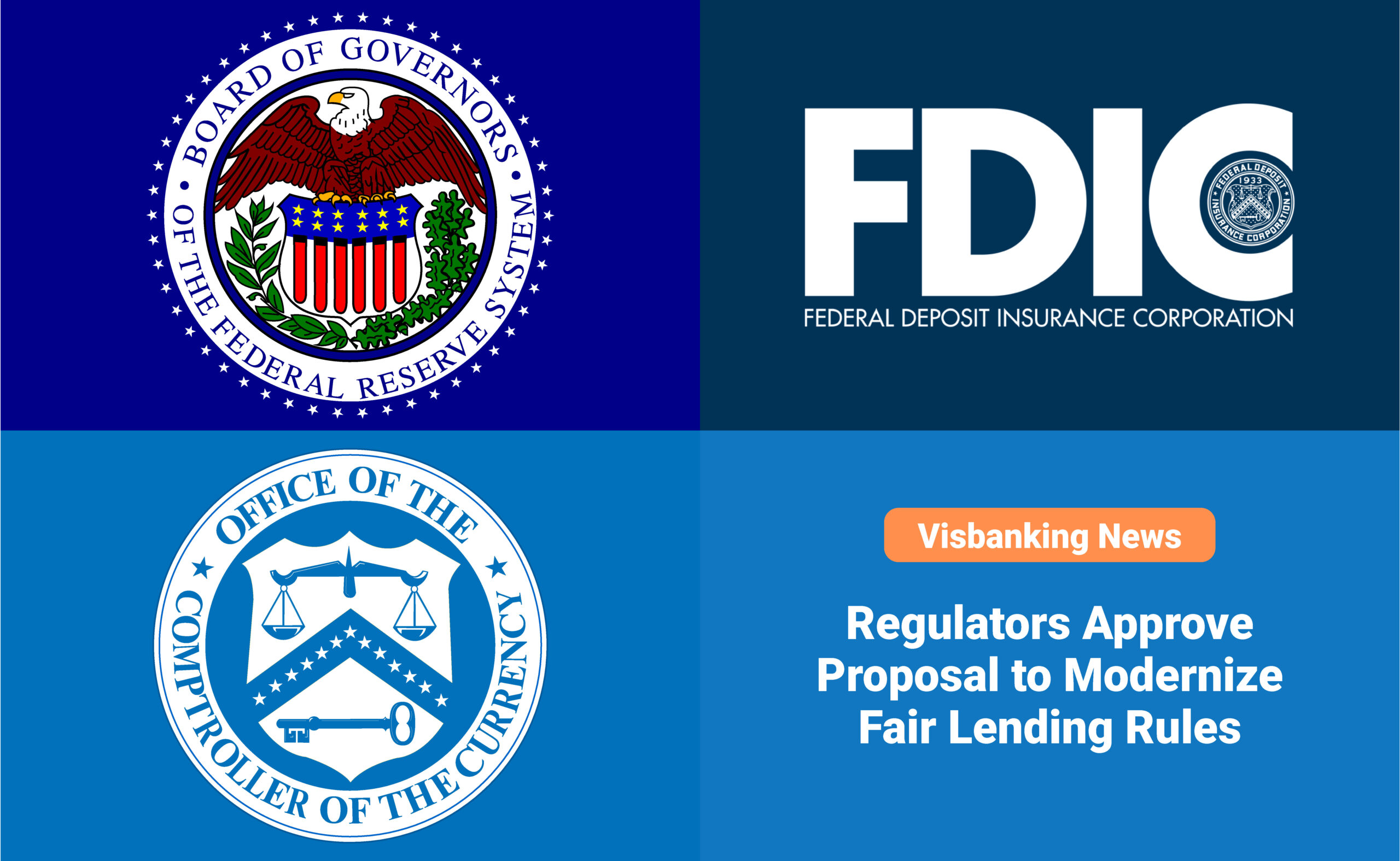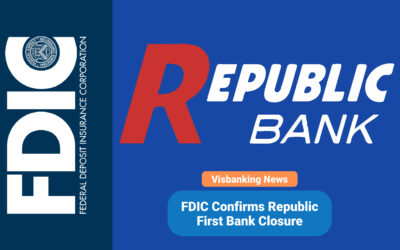U.S. regulators have approved a proposal they say will modernize fair lending rules with changes to the 1977 Community Reinvestment Act (CRA). The new rules are part of a broader effort to eliminate “redlining” discrimination. The new rules were approved by three regulatory agencies. They include the Federal Reserve, Federal Deposit Insurance Corporation (FDIC), and the Office of the Comptroller of the Currency (OCC).
Fair lending rules and the redlining practice
According to historians, the practice of redlining has been used to discriminate against minorities since the New Deal in the early 1930s. One example was the Federal Housing Administration’s refusal to insure mortgages in black communities. That same agency subsidized construction of white-only neighborhoods. At one point, an FHA underwriting manual expressed that policy in explicit terms:
“Incompatible racial groups should not be permitted to live in the same communities.”
Meanwhile, the same manual suggested that highway construction could be used as a tool to separate white and black neighborhoods. Importantly, most middle class families acquire much of their wealth through home equity appreciation. Those discriminatory policies are believed to have fueled the large gap between white and black family wealth.
Decades later, the Fair Housing Act was passed to prevent that type of discrimination. However, that law did little to change the reality for black families. After suffering decades of government-fueled discrimination in lending, those families often could no longer afford to purchase those suburban homes.
The new rules and their expected impact
The new rules will tighten the grading system used to assess large banks’ service to lower-income communities. Regulators will continue to grade banks based on the lending services they provide through bank branches. However, those grades will now also consider service through mobile and other online lending avenues.
Regulators will also provide clear details to banks about the types of activities that will give them credit under the new grading system. Banks that receive a poor grade could be prevented from participating in mergers and other growth deals.
Still, the head of the Consumer Bankers Association expressed concern about the new rule:
“We urge regulators to take a hard look at compliance burdens that could lead to reduced lending and to extend the implementation time frame, given the significant time and resources required for banks to comply with a complex new rule.”
Notably, most of the requirements of the new fair lending rules won’t be fully effective until 2026.




